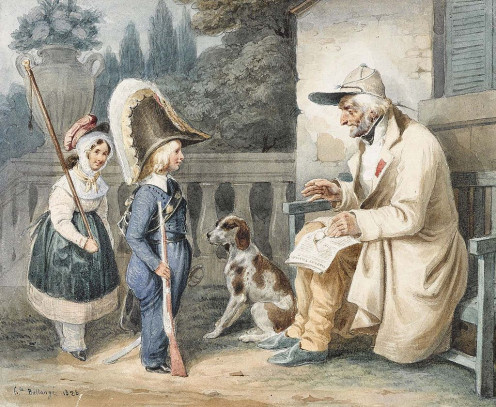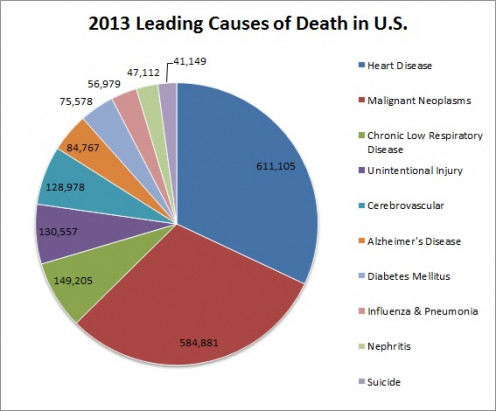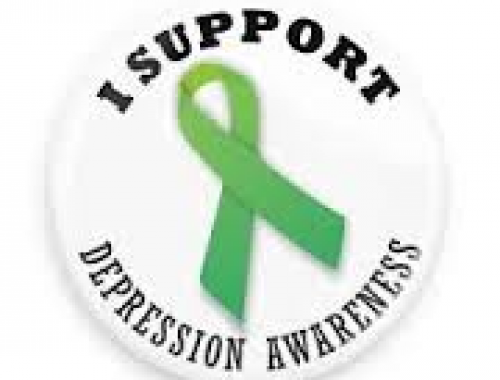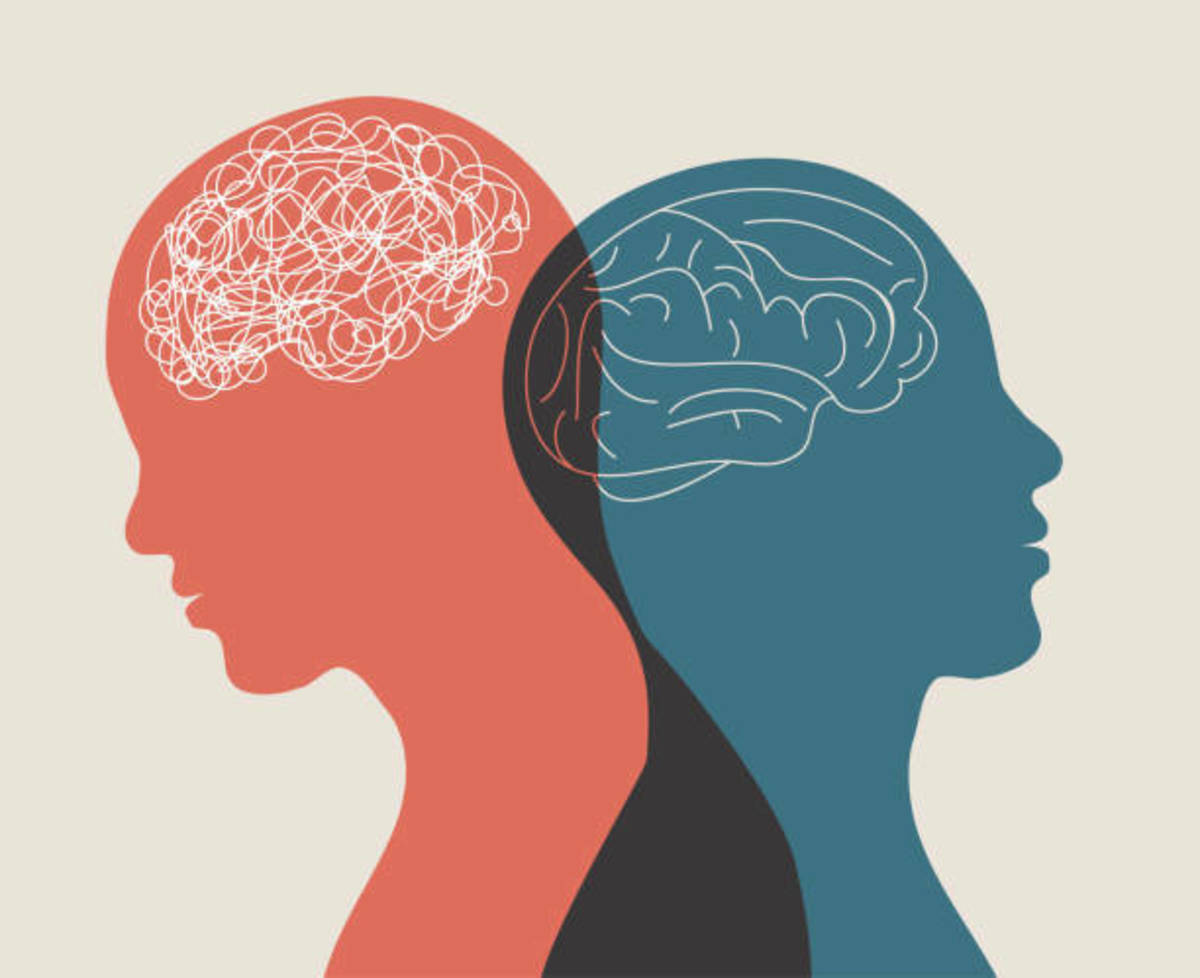Depression, Suicide, and the Military


Veteran Suicide
It has been reported that, on average, twenty-two veterans commit suicide every day. I am the wife and daughter of a veteran and veteran suicide has hit close to home. A man my husband went to basic training with commit suicide and a man he served with commit suicide shortly after his son, also a veteran, commit suicide. What alarmed my husband and I were both these men were part of the UMT (Unit Ministry Team) and has extensive training in depression and PTSD (post-traumatic stress disorder) – they, more than anyone else, knew the signs of depression and what to do in these cases. Unfortunately, they were unable to help themselves.
That said, while researching for this article I came across some interesting information. First, this number (twenty-two veterans a day) is based on statistics that date back to the 1960’s. A more recent survey shows that there is closer to ONE veteran suicide a day.[1] While this is less alarming, still veterans commit suicide 50% more often than civilians do and, interestingly enough, suicide rates are slightly higher among veterans who have never deployed, suggesting that it is not the trauma of war that causes this. [2] In short, thankfully the number of suicides among veterans has reduced, drastically, from the Vietnam War era.
It is important to note that I am not advocating a decrease in awareness - every day 105 Americans die by suicide, making suicide the 10th leading cause of death in the United States[3]. Suicide, no matter the person, is a failure on the part of society. You cannot leave the house without seeing a breast cancer awareness ribbon or button or shirt or poster, but you are just as likely to die by suicide as breast cancer (approximately 40,000 women a year die of breast cancer[4]). Where are the suicide awareness ribbons and buttons and shirts and posters?
[1] "The Truth About 22 Veteran Suicides A Day." Task Purpose. 2 June 2015. Web. 22 Oct. 2015.
[2] Ye Hee Lee, Michael. The Missing Context Behind the Widely Cited Statistic that there are 22 Veteran Suicides a Day. Retrieved from https://www.washingtonpost.com/news/fact-checker/wp/2015/02/04/the-missing-context-behind-a-widely-cited-statistic-that-there-are-22-veteran-suicides-a-day.
[3] "Save. Suicide Awareness Voices of Education." SAVE. Web. 22 Oct. 2015.
[4] US Breast Cancer Statistics. 2015. Retrieved from http://www.breastcancer.org/symptoms/understand_bc/statistics.
Craig Ferguson Speaks from the Heart
- Veteran Crisis Line
- Suicide Prevention: How to Help Someone who is Suicidal
Suicide prevention starts with recognizing the warning signs and taking them seriously. Learn what you can do. - National Suicide Prevention Lifeline
How?
If we choose to believe these statistics, we see that the military has reduced the number of suicides in their veterans from twenty-two a day to one a day – that is a ninety-five percent reduction. I hesitate to suggest this, but we might learn something from the military about suicide prevention. How did they do it?
To start with, they raised awareness of it. You cannot be in the military without attending a suicide prevention briefing. In fact, you will likely attend enough that you lose track how many you have attended. The number you attend increases exponentially if you are in a position of command or part of the UMT. People in the military are not only trained to recognize the signs in themselves, but IN OTHERS – and I believe that is the key; often, the depressed are incapable of helping themselves. To do our part in preventing suicides, we, the public, need to know the signs of depression.
First, it is important to understand what depression is. Depression is a mood disorder; more specifically, it is a unipolar depressive disorder.[1] What that means is that depression, in and of itself, does not show signs of mania, which is the other side of mood disorders. People who swing between mania and depression have a bipolar depressive disorder. Depression has a wide variety of symptoms, which differ in severity, frequency, and duration for each person. Depression is not a one size fits all diagnosis; each person’s depression is unique to him or her. Symptoms of depression are as follows:[2]
- A change in feelings: the depressed are often sad, but sometimes they are irritable and angry. Low self-esteem, self-criticism, and guilt are closely tied to depression.
- Difficulty thinking: many people struggling with depression have difficulty with their concentration and/or their memory.
- Lethargy is common, the depressed person struggles with motivation and can often seem lazy to the casual observer. They struggle with a lack of spontaneity and will withdraw socially. In some cases, they begin to neglect their hygiene, appearance, and household responsibilities; a messy house isn’t always a symptom of a messy person.
- Fatigue is common, along with a change in sleep habits. The depressed person will sleep either too much or not enough. They will show marked lack of interest in formerly enjoyed activities such as hobbies and religion.[3]
[1]Butcher, James Neal, and Susan Mineka. "Mood Disorders and Suicide." Abnormal Psychology. 15th ed. Boston: Pearson, 2013. Print.
[2] Collins, Gary R. "Depression." Christian Counseling: A Comprehensive Guide. 3rd ed. Nashville: Thomas Nelson, 2007. Print.
[3] Collins, Gary R. "Depression." Christian Counseling: A Comprehensive Guide. 3rd ed. Nashville: Thomas Nelson, 2007. Print.

The Bible and Depression
At this point, it is important to know that I am a Christian; I believe that the Bible is relevant in every age we have lived, and that it is relevant today. So, the question I ask myself is what does the Bible say about depression? To begin with, it is important to note that the word depression is not used in the Bible. That said, King David, Job, Moses, Jonah, and Peter all described depression. For example, after Jezebel threatens to murder Elijah he wants to die, and might have done so if not for the care of an angel sent by God[1]. Even Jesus mentioned sorrow to the point of death[2]. This, if anything, would seem to show that depression is not always a result of sin or lack of faith, neither is it always caused by self-pity.
Depression is often caused by something biological, like chemical imbalances in the brain. Would a Christian tell a diabetic to suck it up and stop taking their insulin? Well, some would, but the majority would not. Neither should we tell another Christian, with a mood disorder, to suck it up. A chemical imbalance is a chemical imbalance and taking medication to correct a chemical imbalance is nothing to be ashamed of.
There is also causal depression – depression that is caused by something, such as suicide or loss of a loved one. It can also be caused by suppressed anger, guilt, and stress. Studies have shown that rates of depression increase during times of political upheaval and/or economic uncertainty. Depression is common in the elderly, although suicide is most common in the young – suicide is the second leading cause of death in American youths, ages 15 – 24[3].
[1] 1 Kings 19
[2] Luke 22
[3] "Save. Suicide Awareness Voices of Education." SAVE. Web. 22 Oct. 2015.

Lessons to be learned from 1 Kings 19
In 1 King 19, the prophet Elijah runs from the evil queen Jezebel. Elijah runs from Jezebel, ending up in the wilderness where he prays for death. “I have had enough, Lord,” he said. “Take my life; I am no better than my ancestors[1].” The Bible tells us that, after this prayer Elijah lays down and sleep. After awhile an angel wakes him and tells him to eat, Elijah looks and there is food and water, so he eats and then lies down. Again, the angel touches him and tells him to eat. Following this, Elijah travels to where the Lord is and tells him his problems.
The question to be asked here is what can we learn from this? It is pretty simple, sometimes despair and depression is brought on by exhaustion and not taking care of ourselves. It is found that people who do not take care of themselves are much more prone to depression. Junk food and a sedentary lifestyle are not kind to the body, and they are not kind to the mind. Sometimes, the best thing you can do for someone who is depressed is to feed them something healthy, convince them to shower and put on clean clothes, and take them for a walk. During this time, just let the person you are ministering to talk without interruption.
[1] 1 Kings 19:4
Prevention
How do we do our part to prevent depression and suicide? I believe that while trusting in the Lord is the first step; this does not make it the only step. “A conviction that God is alive and in control can give hope and encouragement, even when we are inclined to be discouraged and without hope.”[1] If that was all that was necessary, though, the religious would have a significantly lower ate of depression, which is not true. The next step, and one that is drastically ignored, is the need to teach about depression;[2] we need to teach people to expect discouragement and depression. We are WARNED, to expect problems[3] and the apostle James warns that trials and temptations will come[4]. Further, we need to teach people to be alert in situations that are likely to cause depression and then teach them skills in handling anger and stress. We need to encourage, support, and urge people to reach out. Finally, we need to learn to take care of their bodies – sometimes depression is caused by poor diet and lack of exercise.[5]
Oddly enough, the United States military is ahead of us in this; education is a big part of how they are handling depression. This is what they have been doing to decrease rates of suicide in veterans. Through knowledge of depression, and the steps necessary to prevent it from leading to its most horrible conclusion – suicide, the military has reduced its suicide rates 95%. It is time for the Church and America, as a whole, to follow them in their efforts. Stop sweeping this under the rug and shaming people into silence! Bring out the pins and posters and shirts!
[1] Collins, Gary R. "Depression." Christian Counseling: A Comprehensive Guide. 3rd ed. Nashville: Thomas Nelson, 2007. Print.
[2] Collins, Gary R. "Depression." Christian Counseling: A Comprehensive Guide. 3rd ed. Nashville: Thomas Nelson, 2007. Print.
[3] John 16
[4] James 1
[5] Collins, Gary R. "Depression." Christian Counseling: A Comprehensive Guide. 3rd ed. Nashville: Thomas Nelson, 2007. Print.








